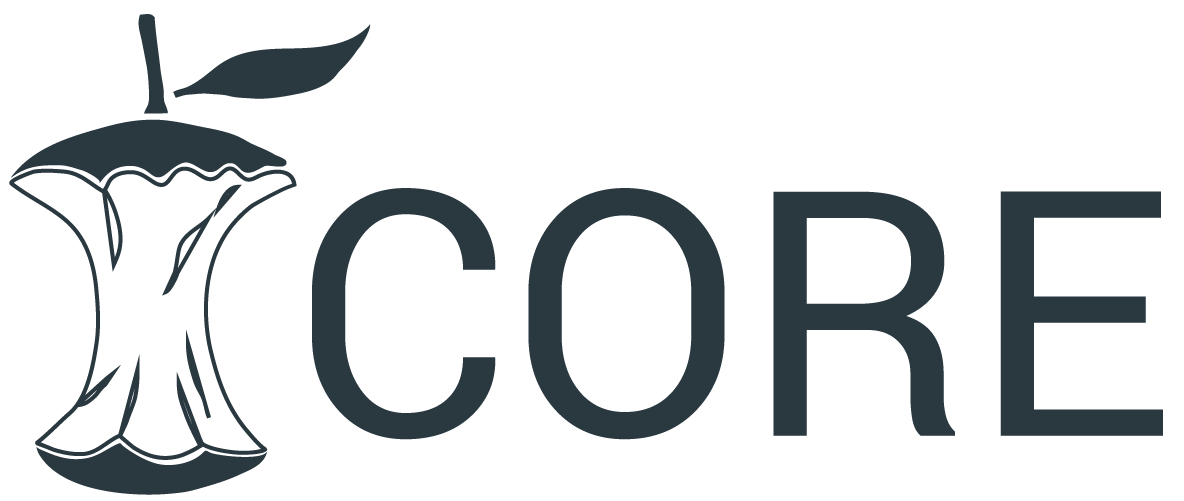Innovation projects applied to digital communication
Synopsis
This chapter analyzes the conceptual, methodological, and operational foundations of innovation projects applied to digital communication, with the aim of offering useful resources for their planning, execution, and evaluation in institutional and social contexts. It proposes a methodological roadmap based on academic and regulatory sources, including the logical framework, stakeholder analysis, problem and objective trees, and the phases of planning, execution, monitoring, evaluation, and closure. The adopted methodology draws from both academic and normative foundations. The results demonstrate the relevance of innovation projects in digital communication for promoting institutional change. The chapter also highlights the importance of digital tools such as automation, big data, and artificial intelligence, which enhance productivity, generate value, and provide accessible solutions for users. It argues that these initiatives should be planned with consideration for technological, financial, and social feasibility, and should prioritize strengthening communication with the target audience. The chapter concludes that rigorous planning, results-oriented management, and continuous evaluation are key components that ensure the sustainability and success of communication innovation projects.
Published
Online ISSN
Categories
License

This work is licensed under a Creative Commons Attribution-NonCommercial-ShareAlike 4.0 International License.










